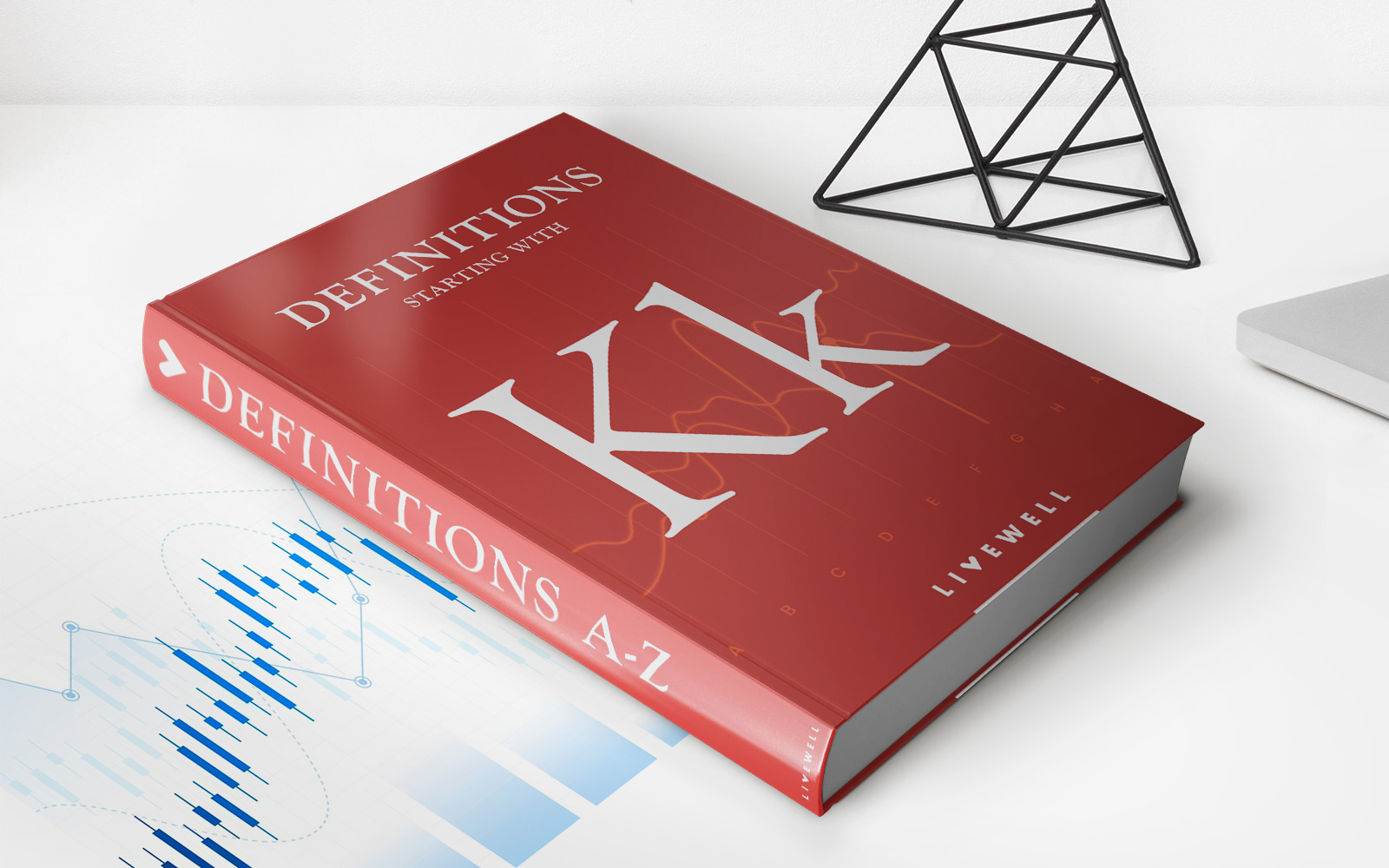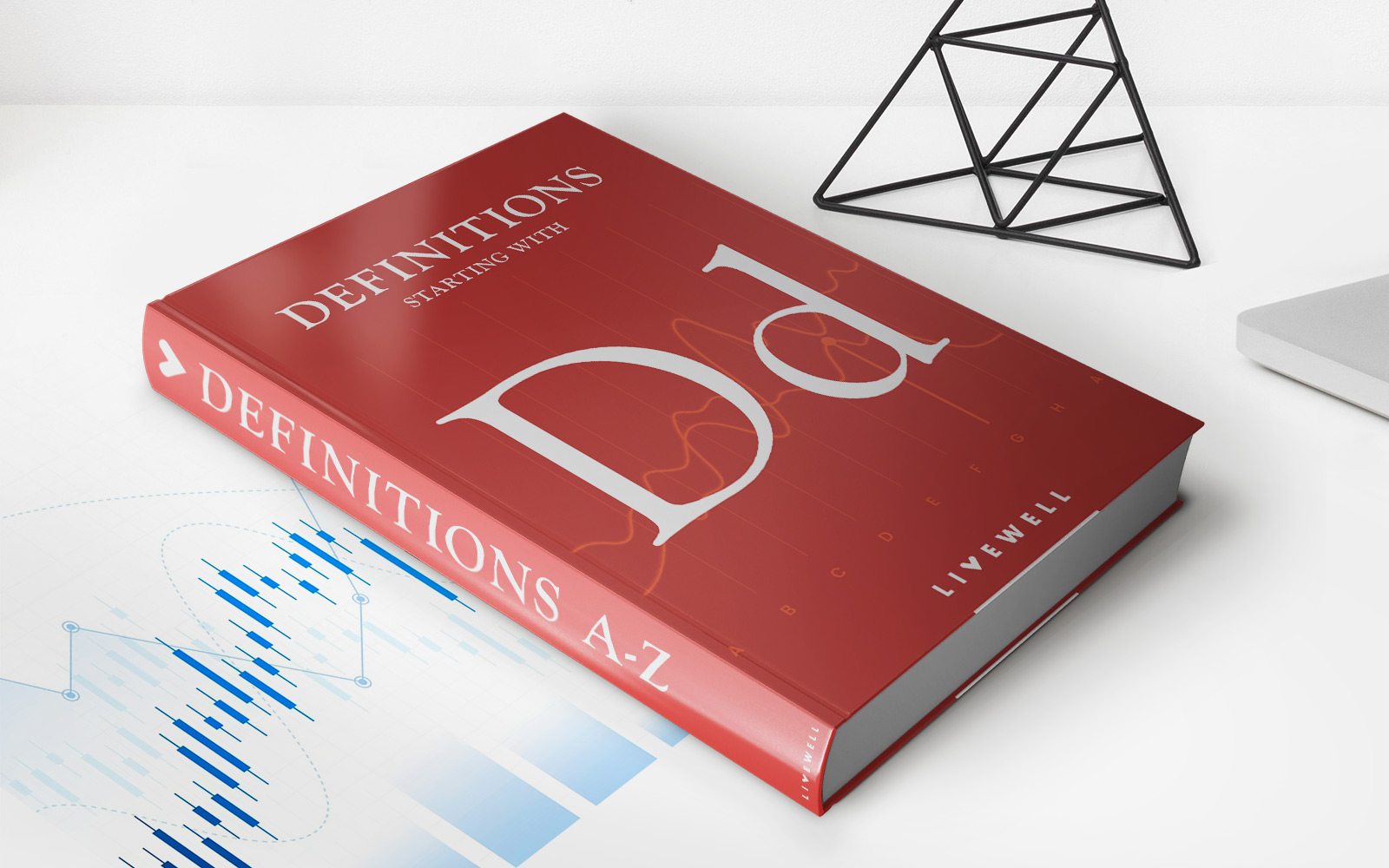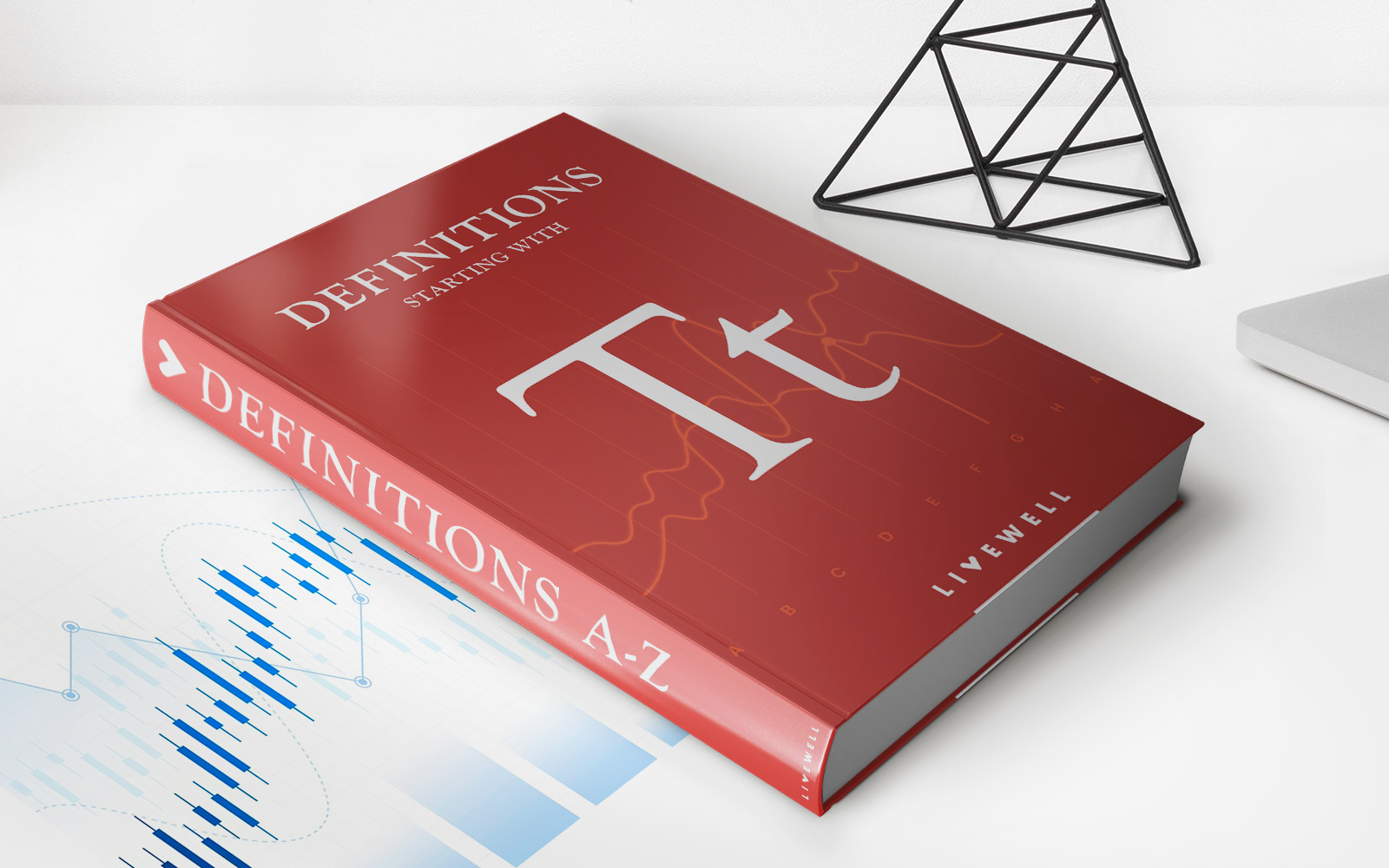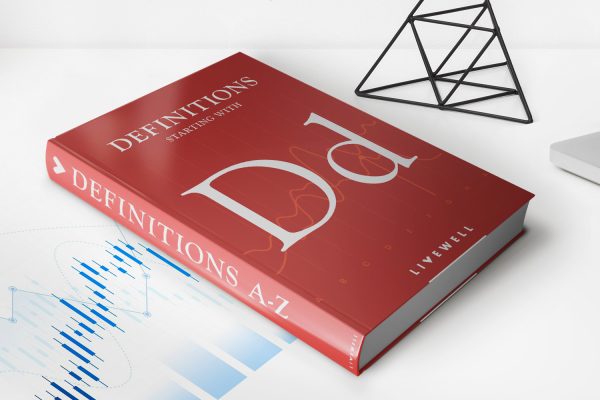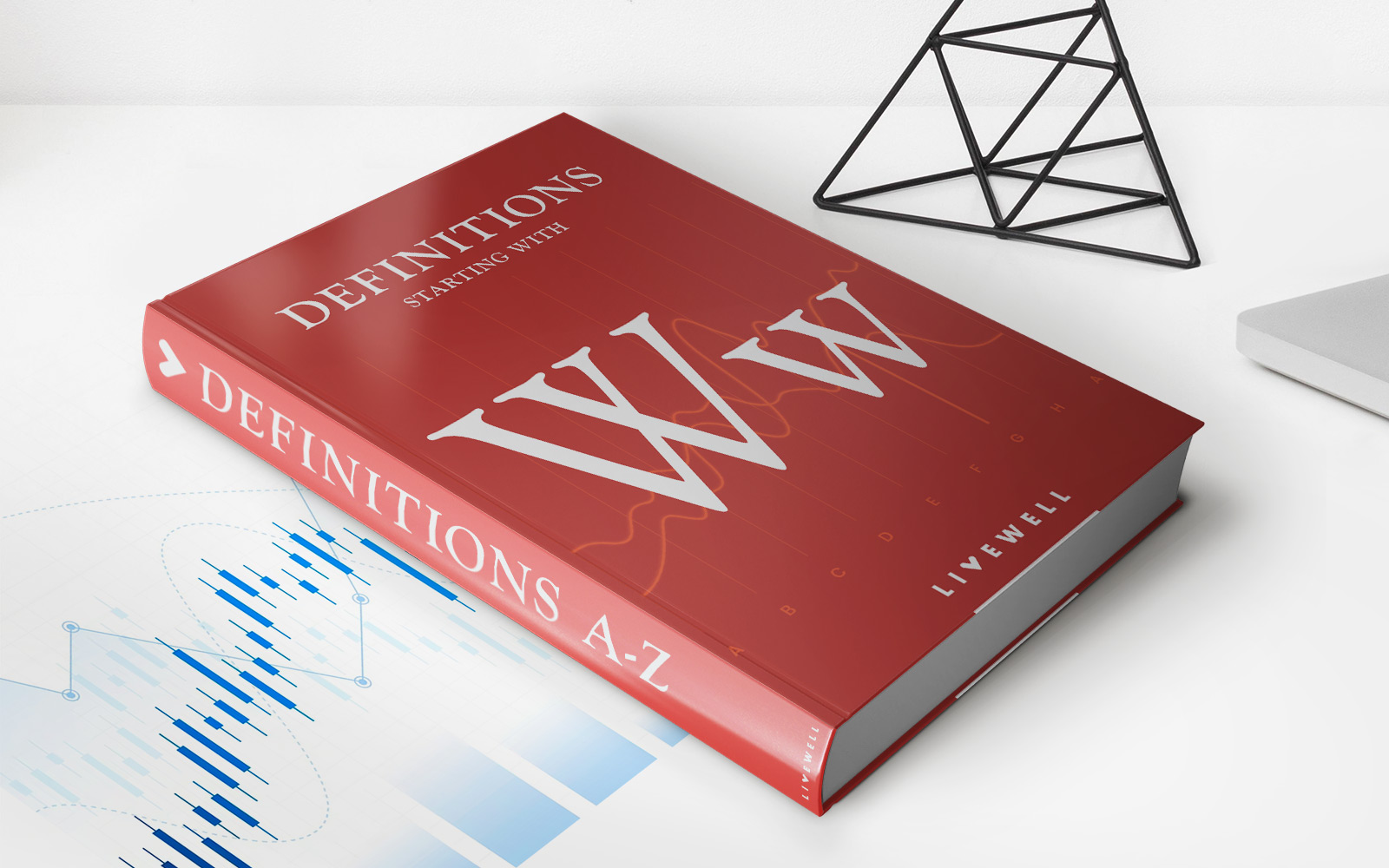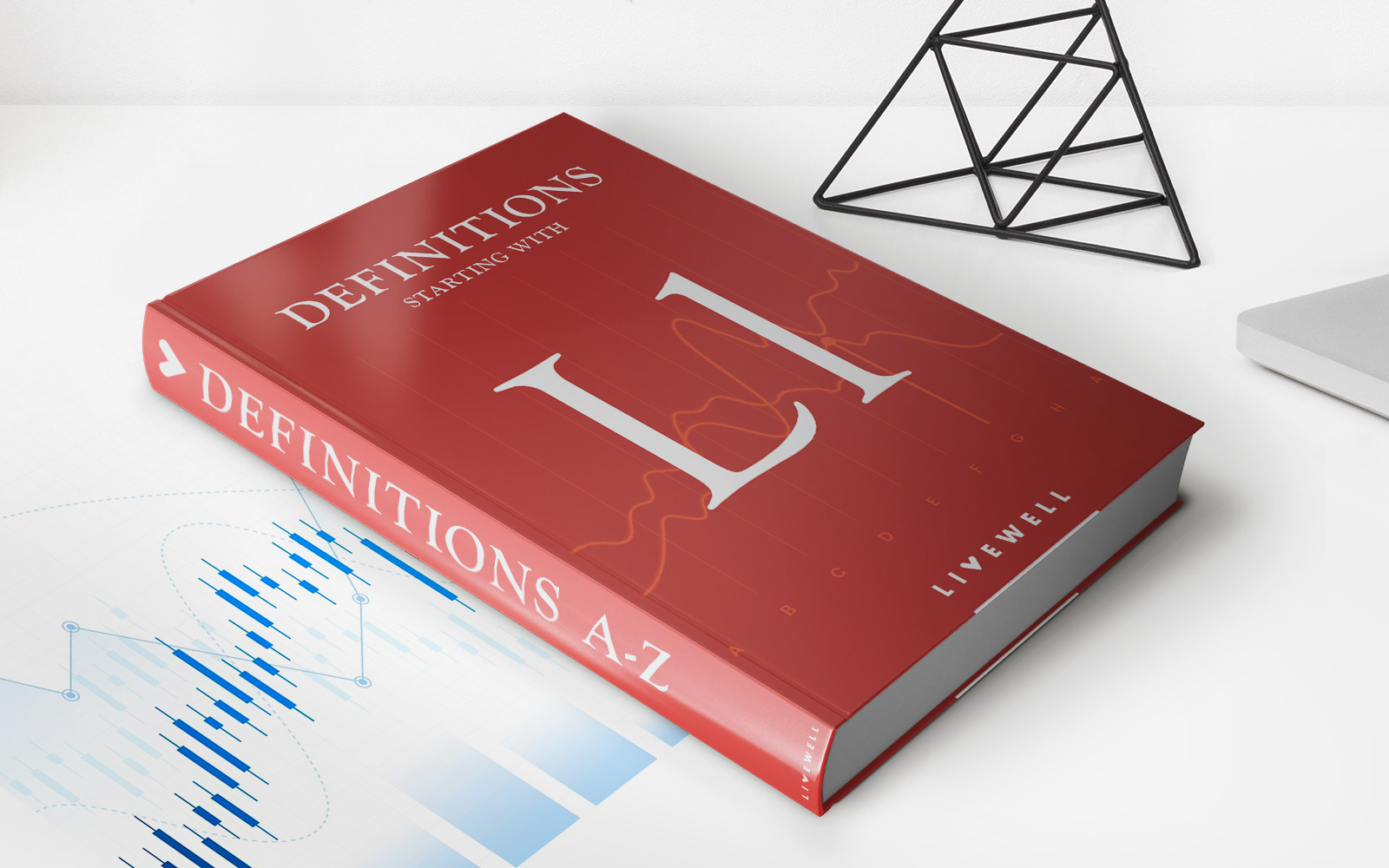Home>Finance>Government Shutdown: Definition, Example, Impact On Economy


Finance
Government Shutdown: Definition, Example, Impact On Economy
Published: December 1, 2023
Discover the impacts of a government shutdown on the economy and gain insights into its definition and example. Explore the connection between finance and the shutdown.
(Many of the links in this article redirect to a specific reviewed product. Your purchase of these products through affiliate links helps to generate commission for LiveWell, at no extra cost. Learn more)
Government Shutdown: Definition, Example, Impact on Economy
Hello and welcome to our Finance category! Today, we are going to dive into an important topic that has the potential to significantly impact the economy – the government shutdown. What exactly is a government shutdown, how does it affect the economy, and what can we learn from past examples? In this blog post, we will explore all these questions and more, so let’s get started!
Key Takeaways:
- A government shutdown occurs when the funding for government operations is not approved by Congress, leading to the suspension of non-essential government services.
- Government shutdowns can have a detrimental impact on the economy, causing a decrease in consumer confidence, disruptions to businesses, and financial hardships for government workers and contractors.
What is a Government Shutdown?
A government shutdown is a temporary suspension of non-essential government services due to a lack of approved funding by Congress. When Congress fails to pass a budget or a continuing resolution to fund government operations, federal agencies must halt non-essential activities until funding is restored. This means that government employees working in non-essential roles may be temporarily furloughed, and government services such as national parks, passport offices, and some regulatory agencies may be closed or limited.
While some essential services, such as defense and law enforcement, continue to operate during a government shutdown, the impact on the overall economy can be significant.
Examples of Government Shutdowns
Government shutdowns are not uncommon in the United States and have occurred several times in recent history. One notable example was the 35-day shutdown that began on December 22, 2018, and ended on January 25, 2019, making it the longest government shutdown in U.S. history. This shutdown was triggered by a disagreement between Congress and the White House over funding for a border wall, and it resulted in financial hardships for millions of government workers and contractors.
Another noteworthy government shutdown took place from October 1 to October 16, 2013, during which non-essential government services were suspended. This shutdown primarily stemmed from a political dispute over the Affordable Care Act, commonly known as Obamacare.
The Impact on the Economy
Government shutdowns have far-reaching effects on the economy. Here are some key ways in which they can impact various sectors:
- Consumer Confidence: Government shutdowns can decrease consumer confidence, leading to a decrease in consumer spending. Uncertainty about the economy and potential disruptions to government services make individuals more cautious with their money.
- Business Disruptions: Government contractors and businesses dependent on government services may face financial challenges or even closures. Delayed payments, halted contracts, and the suspension of regulatory agencies can hinder business operations.
- Financial Hardship: Government employees and contractors may experience financial hardship, especially if they are temporarily furloughed without pay. This can have a ripple effect on the larger economy as these individuals contribute less to consumer spending.
It’s essential to note that government shutdowns have consequences beyond the immediate economic impact. They can also erode public trust in government institutions, create political tensions, and cause significant disruptions to public services.
In Conclusion
A government shutdown is a temporary suspension of non-essential government services due to a lack of approved funding by Congress. These shutdowns can have far-reaching effects on the economy, including decreased consumer confidence, disruptions to businesses, and financial hardships for government workers and contractors. By understanding the impact of government shutdowns on the economy, we can collectively work towards preventing and mitigating their consequences.
